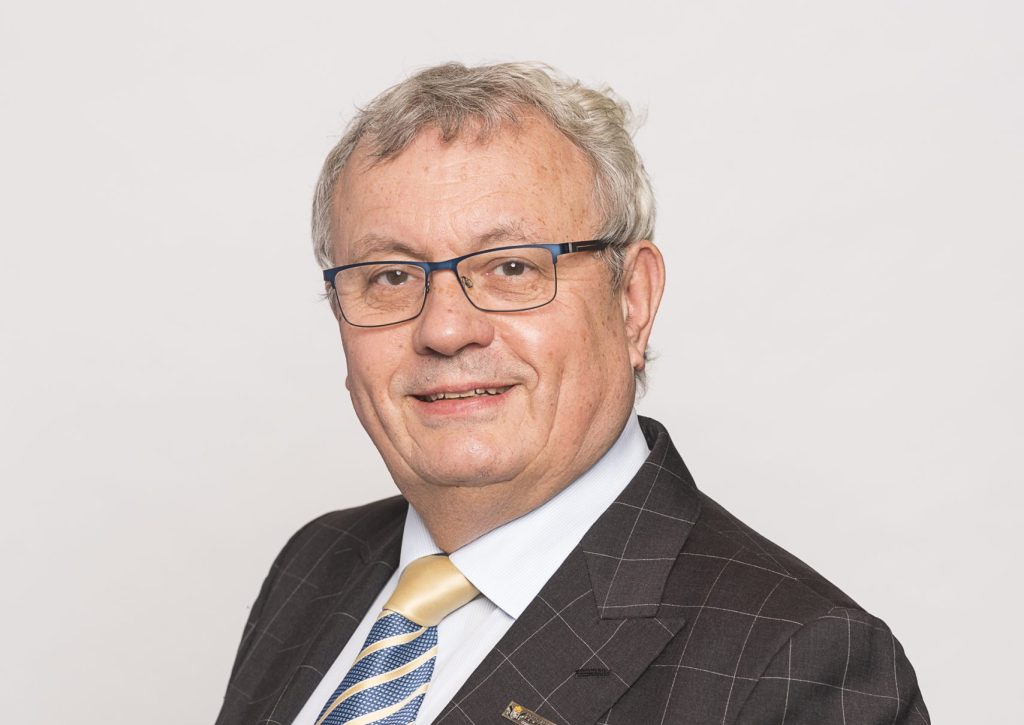Interview with Eurochambres Sustainability Committee Chair, Vladimir Dlouhý
Energy is a vital commodity that fuels our economy. The surge in energy prices and high volatility since last autumn have triggered calls to reduce our dependence on energy imports from third countries. Current events related to war in Ukraine has further driven this debate and prompted strategic changes in EU policy. In this interview with our Deputy-President and Chairman of the Sustainability Committee, Vladimir Dlouhý, we talk about the current energy crisis, its impact on European businesses and possible solutions.
- What is the main priority of the Sustainability Committee for the remainder of 2022?
I consider the hardships and European energy market disruption escalated by Russia's invasion of Ukraine as highly challenging, therefore I presume that energy security will be a key issue for the Committee in the second half of 2022. Weaning off Russian gas means that we will be looking for alternative solutions, diversification of resources and suppliers, better cooperation as well as for quicker rollout of renewables. At the same time, a simple increase of Fit for 55 package goals is not a way forward and we have to see what can be achieved in practical terms. We should not lose the perception of the reality and must be aware of the impact of drastic reduction of energy supply on industry. For this reason, we need a proper plan for preparedness and resilience.
- Is REPowerEU Plan the right answer to that?
First of all, REPowerEU plan comes too late. The very high dependence on Russian fossil energy has not been created overnight but it was a matter of years, even decades. Second, many of the REPowerEU proposals cannot be delivered in the short term. For instance, the construction of LNG terminals or wind farms takes years. Even installing solar panels can be delayed by a limited number of fitters and severe raw materials shortages. Third, what counts the most is preparedness, such as refilling of gas storage and better interconnectivity between member states. These are the most important aspects at the moment. We have to ensure that in case of a serious shortage, there will be solidarity and trust. This aspect failed during the first wave of COVID-19 pandemic, and we should take that as a lesson learned.
- What activities do you have lined up in this area?
We will continue to analyse the initiatives proposed under the REPower EU Plan and those that are discussed as part of the Fit for 55 package. We should not forget that the companies face a double challenge – the green transition and supply security. In addition, they also suffer from energy price shocks and the general price increase. The EU institutions must not overlook the needs of those who create jobs and growth. Businesses need help, especially in these difficult times. Not only in financial terms, but also in terms of simpler administration and a reduced regulatory burden. Any new tax and regulatory measures must be designed to ensure that they do not discourage investment in low-carbon solutions. I hope that the upcoming Czech Presidency in the Council will put more emphasis on this aspect.
